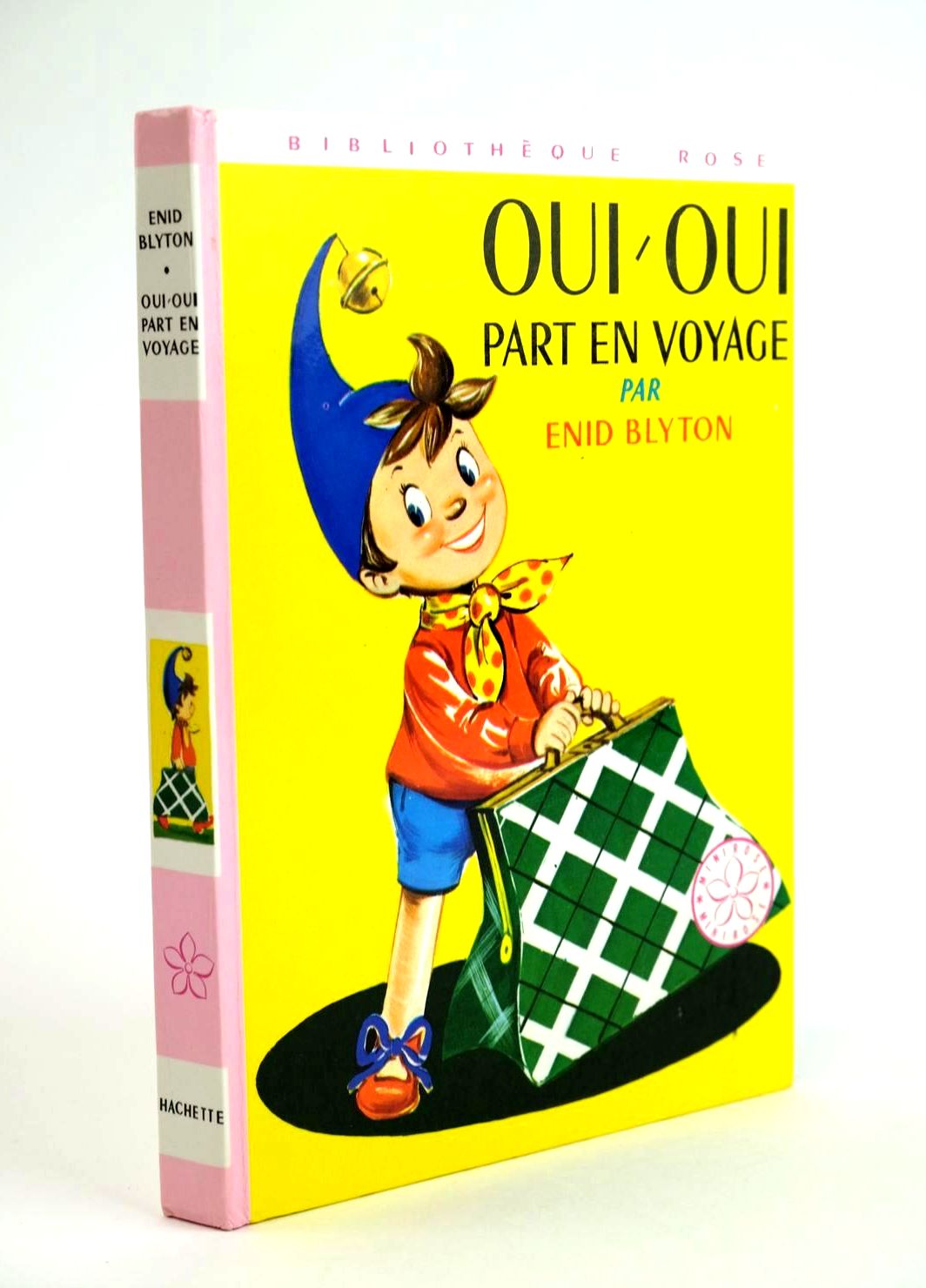Have you ever encountered the phrase "Oui Oui" and wondered what it means? If you're intrigued by the French language and its expressions, you're in the right place. This article dives deep into the "oui oui meaning," its origins, cultural significance, and how it's used in everyday conversations.
French is a language rich in nuance and expression, and "Oui Oui" is one of its most iconic phrases. Whether you're a language enthusiast, a traveler, or simply curious about global cultures, understanding this phrase can add a new dimension to your knowledge. In this article, we'll explore everything you need to know about "Oui Oui."
So, let's get started and uncover the fascinating world of "Oui Oui." By the end of this article, you'll have a comprehensive understanding of its meaning and how it fits into the broader context of the French language.
Read also:Jenn Im And Ben Divorce A Comprehensive Look At Their Relationship Journey
Table of Contents:
- Biography
- History of Oui Oui
- Usage in Everyday Life
- Common Variations
- Cultural Significance
- Common Misconceptions
- The Role of French Language
- Translation Tips
- Examples in Context
- Conclusion
Biography
While "Oui Oui" is not a person, it's essential to understand its origins and background. The phrase "Oui Oui" is a French expression that translates to "Yes Yes" in English. It has been used for centuries in France and other French-speaking regions.
Below is a brief overview of its historical context:
Data and Facts
| Category | Information |
|---|---|
| Origin | France |
| Language | French |
| Meaning | Yes Yes |
| Usage | Informal Conversations |
History of Oui Oui
The phrase "Oui Oui" dates back to the early days of the French language. It has evolved over time, becoming a staple in French conversations. The repetition of "Oui" emphasizes agreement or confirmation, making it a powerful tool in communication.
Historically, the French language has been influenced by Latin, which is evident in many of its words and expressions. "Oui" itself is derived from the Latin word "hoc ibi," meaning "here" or "this."
Usage in Everyday Life
In daily life, "Oui Oui" is often used to express strong agreement or enthusiasm. For example, if someone asks, "Do you want to go out tonight?" a French speaker might reply, "Oui Oui!" to show excitement.
Read also:Shayla Stevens Net Worth Exploring The Rising Stars Wealth And Achievements
- Used in casual conversations
- Common in informal settings
- Expresses enthusiasm or agreement
Common Variations
Regional Differences
While "Oui Oui" is widely recognized, there are variations depending on the region. In some areas, people might use "Ouais Ouais" as a more casual alternative.
Other variations include:
- Oui Oui
- Ouais Ouais
- OuiBien
Cultural Significance
Culturally, "Oui Oui" reflects the French emphasis on clarity and enthusiasm in communication. It's not just a phrase but a reflection of the French way of life. In France, communication is valued, and expressions like "Oui Oui" help convey emotions effectively.
According to a study by the French Institute of Linguistics, phrases like "Oui Oui" are used more frequently in informal settings, highlighting their role in building relationships and trust.
Common Misconceptions
There are several misconceptions about "Oui Oui." Some people believe it's only used in formal settings, while others think it's outdated. However, the truth is that "Oui Oui" remains a popular and relevant expression in modern French conversations.
Here are some common myths:
- It's only for formal settings
- It's outdated
- It's not used by younger generations
The Role of French Language
The French language plays a crucial role in shaping expressions like "Oui Oui." With over 274 million French speakers worldwide, the language continues to evolve and adapt to modern times.
According to UNESCO, French is one of the fastest-growing languages globally, making phrases like "Oui Oui" even more relevant in today's world.
Translation Tips
Translating "Oui Oui" into English can be straightforward, but it's essential to consider the context. While "Yes Yes" is a direct translation, it may not always convey the same level of enthusiasm or agreement.
Here are some tips for effective translation:
- Consider the tone and context
- Use "Absolutely" or "Definitely" for emphasis
- Be mindful of cultural nuances
Examples in Context
Let's explore some examples of "Oui Oui" in real-life situations:
- Scenario 1: Someone asks, "Do you like French cuisine?" You reply, "Oui Oui!"
- Scenario 2: A friend invites you to a concert, and you respond with enthusiasm, "Oui Oui!"
- Scenario 3: During a business meeting, you confirm a decision with "Oui Oui."
Conclusion
In conclusion, "Oui Oui" is more than just a phrase; it's a reflection of French culture and communication. Understanding its meaning and usage can enhance your appreciation of the French language and its nuances.
We encourage you to share this article with others who might find it interesting. If you have any questions or comments, feel free to leave them below. Additionally, explore other articles on our site to deepen your knowledge of global languages and cultures.
Sources:
- French Institute of Linguistics
- UNESCO
- French Language Studies Journal

